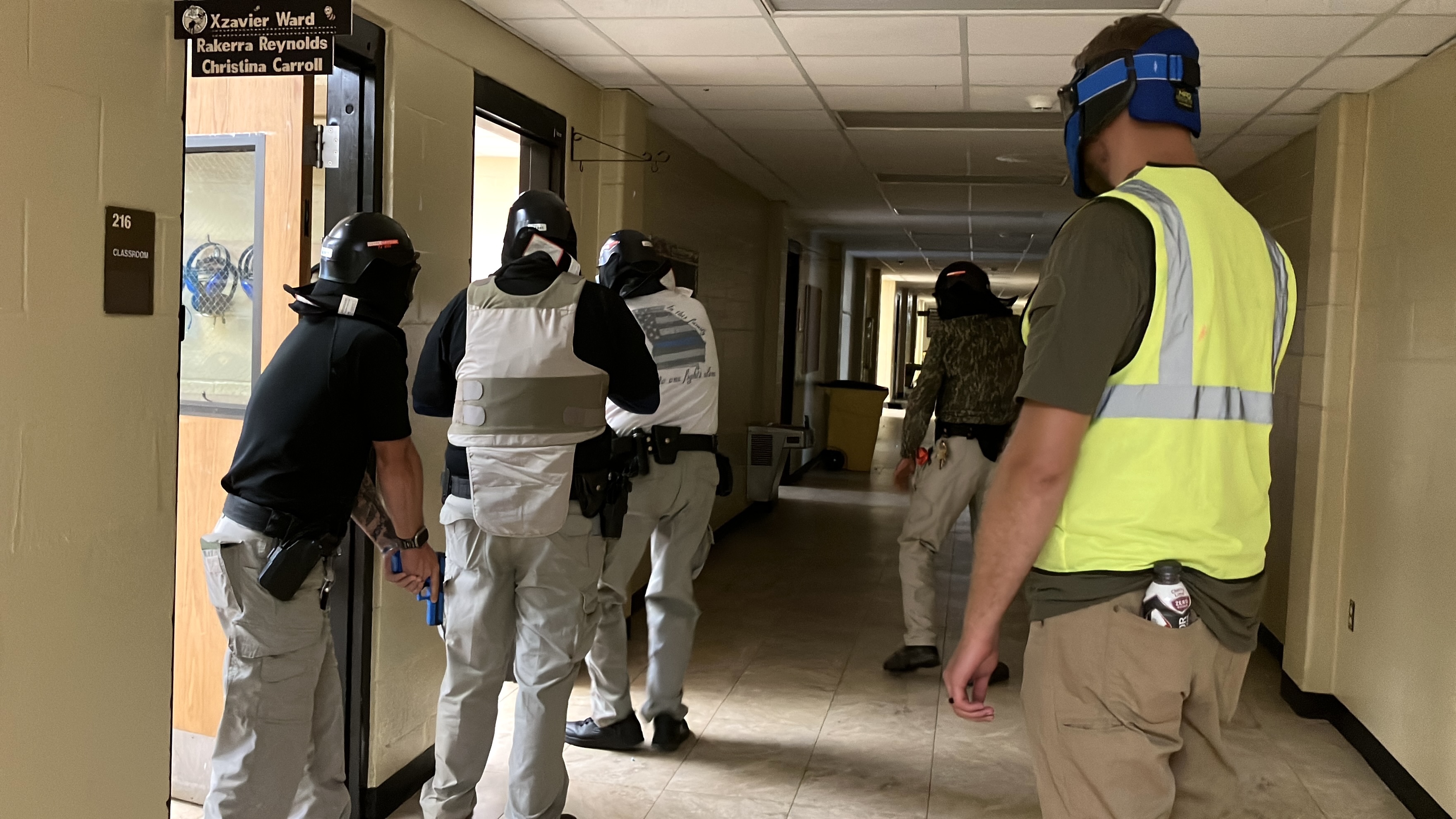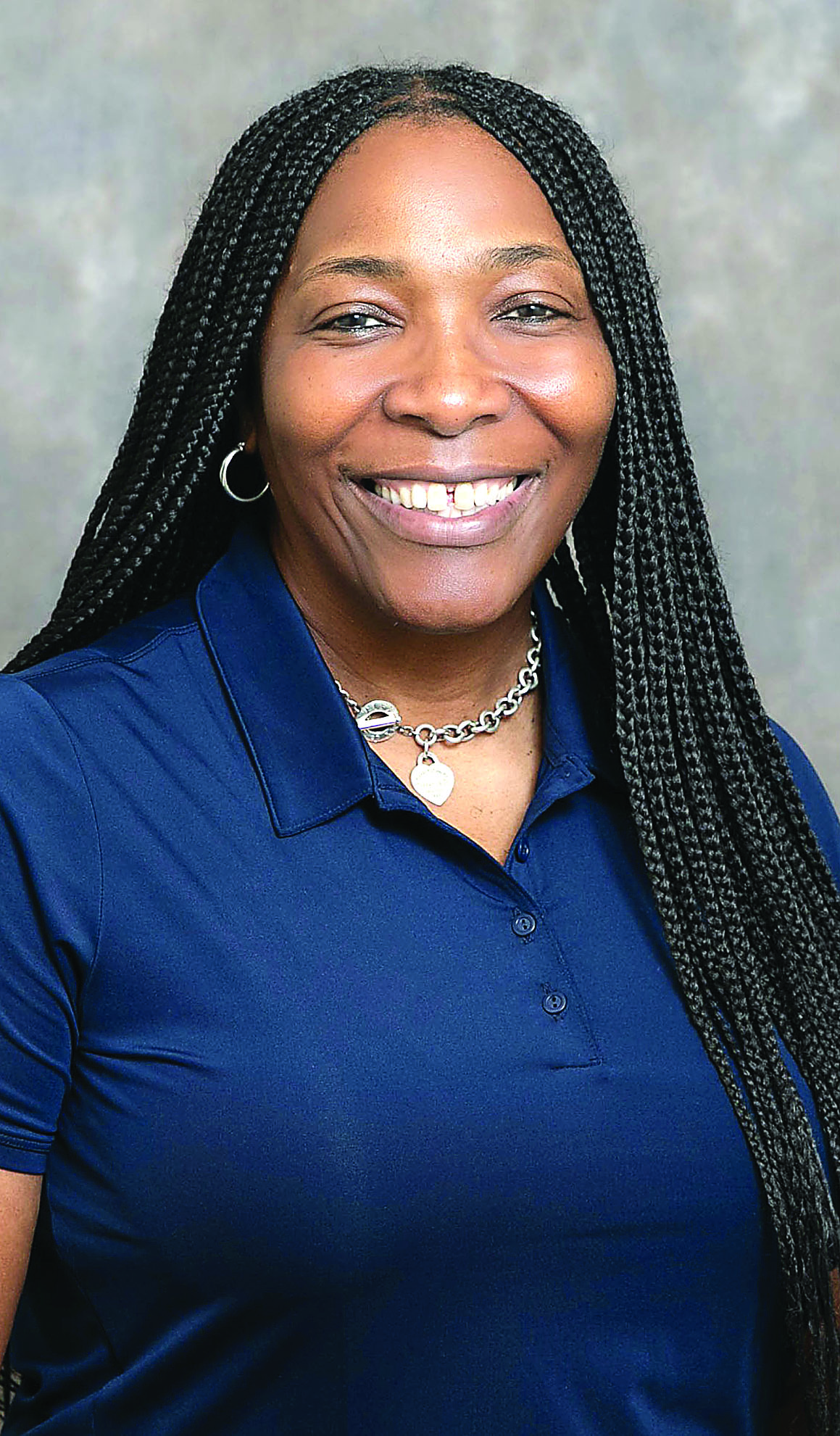Georgia freezes new drug treatment centers for a year
Published 1:30 pm Wednesday, May 11, 2016

- Georgia freezes new drug treatment centers for a year
ATLANTA — Georgia will take a one-year break from approving new drug treatment centers so legislators can study why the state has more than its share of the facilities.
Georgia now has 66 centers that provide methadone or other medications to those trying to shake a dependency to heroin or prescription pain killers.
Six applications for new centers are pending, according to the Department of Community Health, in response to an open records request.
One plans to open in Catoosa County, home to about 66,000 people and two existing centers.
Two other centers have already opened this year in the Atlanta area.
“Georgia is the eighth state in our nation in population, but we’re the third-largest state in narcotic treatment programs. Why? Why is this?” Sen. Jeff Mullis, R-Chickamauga, who chairs the powerful Senate Rules Committee, asked from the Senate floor earlier this year.
Mullis noted that Florida, with a population twice that of Georgia, has 22 centers. Tennessee has 11.
Methadone can reduce withdrawal pains that occur when someone stops using heroin or opioids, but the drug can be abused.
“The overdose issue with methadone is real,” said the bill’s co-sponsor, Sen. Dean Burke, R-Bainbridge. “It all boils down to dose and individual tolerance, and sometimes that’s hard to know. Even the experts get it wrong sometimes.”
It’s important, Burke said, to ensure protocols are in place.
Methadone also raised concerns, Mullis said, when the drug was found in five people who recently committed suicide in Catoosa County, near the Tennessee line, which is in his district.
“We don’t want to keep people from getting treatment. We want to make sure it’s the right treatment,” he told the Senate in February. Mullis did not return messages seeking further comment.
Mullis said all the state is doing is “just growing clinics.”
Clusters of clinics have set up near the state’s borders, particularly in north Georgia, which alarms lawmakers who are concerned that regulations here may be too lax. Mullis said many vehicles parked outside the centers have out-of-state tags.
Mullis’ proposed moratorium on new clinics easily passed both the House and Senate this year. Gov. Nathan Deal recently signed the bill, which takes effect June 1.
The moratorium will be in place until next June. Other states, like Alabama, have taken similar measures.
In the meantime, lawmakers and addiction experts will assess the state’s licensing requirements and whether changes are needed.
“If there’s a chance for a profit to be made, sometimes it attracts people whose primary motivation may not be in the best interest of the health of Georgians,” said Burke, who is a physician and a member of the Senate’s Health and Human Services Committee.
The growth of drug treatment centers recalls the proliferation of pain clinics, he said, and steps that legislators took a few years ago to make the state less attractive to “bad actors.”
Burke said it’s important to similarly address other treatment programs, as Georgia grapples with increases in heroine addiction and overdoses.
Ansley Silvers welcomes the scrutiny.
Silvers is manager of addictive diseases for Highland Rivers Health, of Dalton, which serves a 12-county region. Highland Rivers does not offer methadone, but does provide counseling and other services to patients on the drug.
Methadone, which is essentially a synthetic form of heroin, and similar treatment “need to be a last resort” for those seeking recovery, she said.
“There are some other alternatives (to methadone) out there that really need to be tapped into more, and I think that will probably be one of the things they find as they look into these narcotic treatment programs,” she said.
Jill Nolin covers the Georgia Statehouse for CNHI’s newspapers and websites. Reach her at jnolin@cnhi.com.





